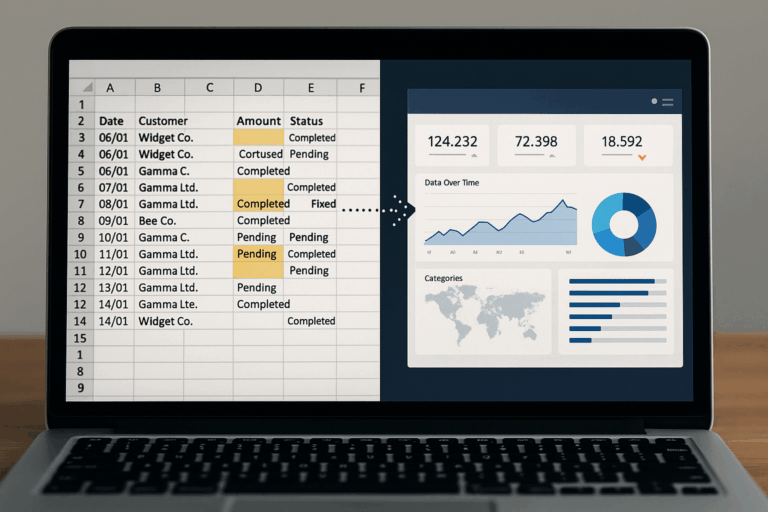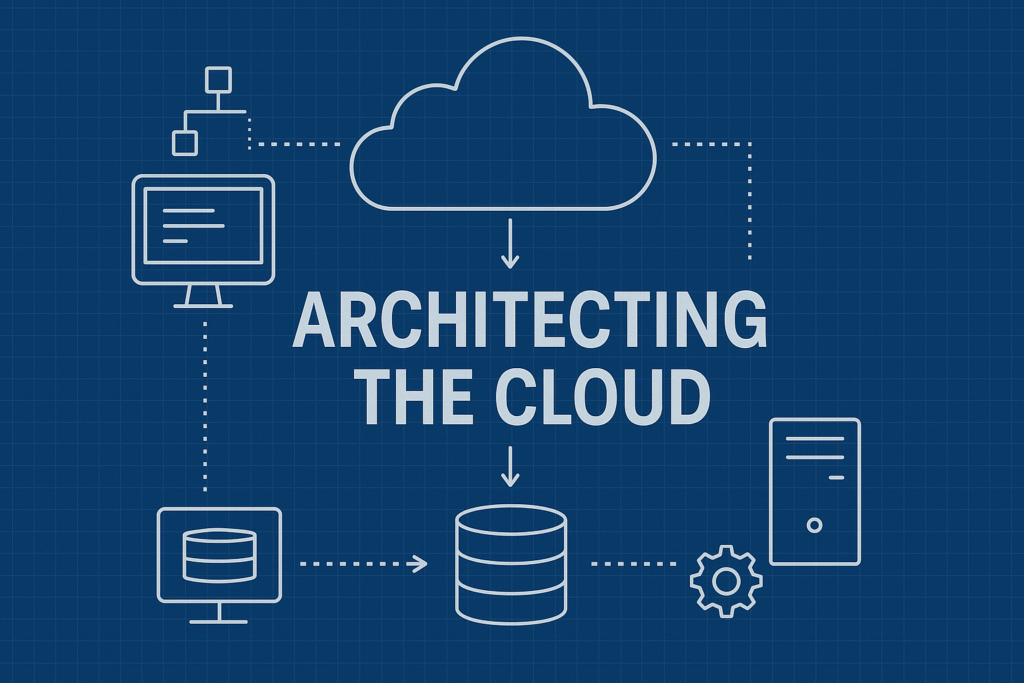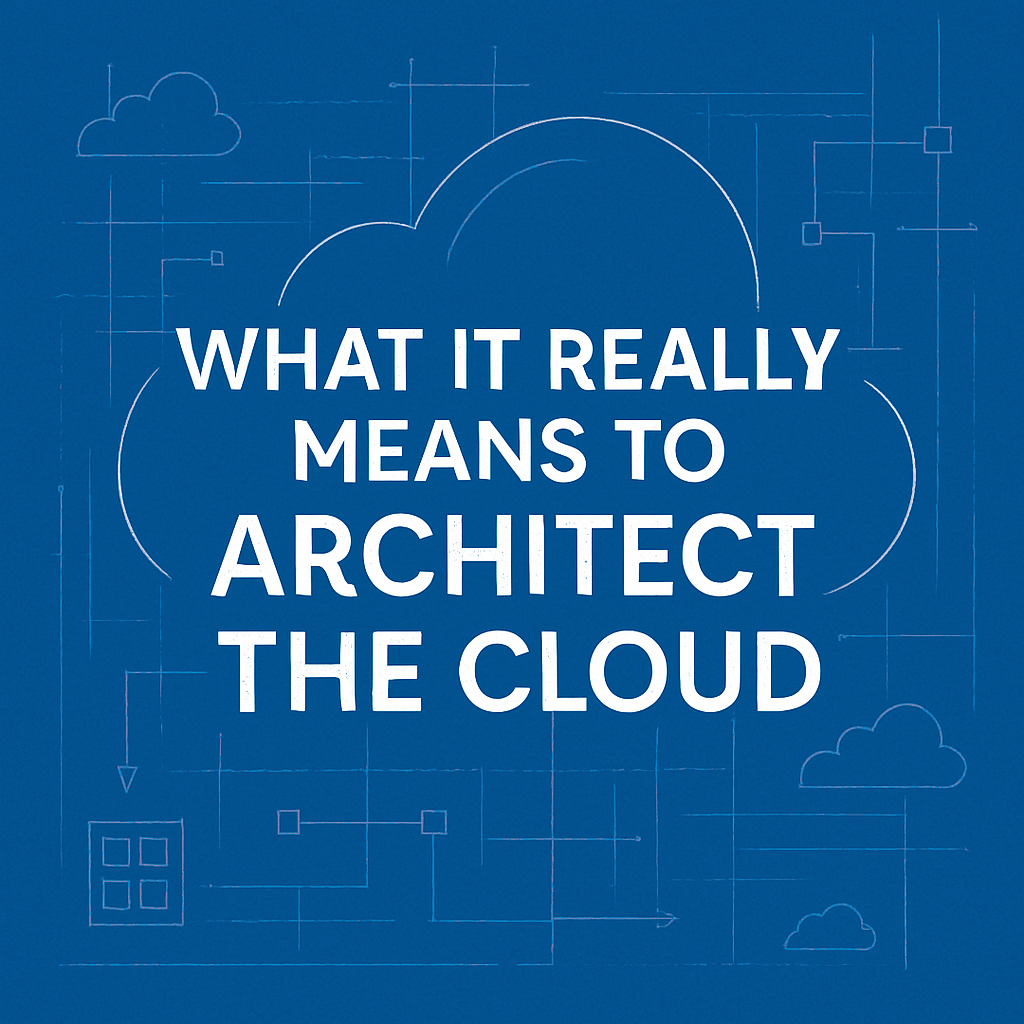Not long ago, I was working with a set of historical waste movement records — all stored in spreadsheets.
Thousands of rows, multiple years, seemingly complete.
Until I started digging deeper.
Duplicate entries.
Organizations written in ten different ways.
Vehicles linked to the wrong owners.
Quantities that didn’t add up.
It wasn’t just messy data. It was a reflection of an entire era without digital identity.
And that’s when I realized, once again, why what we’re building with Wastecloud truly matters.
When Information Becomes Noise
For years, waste management data lived inside Excel sheets — scattered, fragmented, and inconsistent.
Every organization had its own way of keeping records. No shared structure, no standard.
The result?
Instead of a single version of truth, we had many versions of approximation.
The same vehicle could appear under different names.
The same company could exist with multiple identifiers.
Waste flows could not be properly traced or reconciled.
This isn’t just a technical issue — it’s a trust issue.
And without trust in data, there can be no compliance, no governance, no progress.
Wastecloud: Building Integrity into the System
Wastecloud isn’t just a platform for reporting or tracking.
It’s a system of integrity.
In this ecosystem:
- Each organization, vehicle, and site has a unique digital identity.
- Movements are validated for duplicates and inconsistencies.
- Data is cross-referenced, unified, and verified.
- Every record is tied to real time, location, and outcome.
The result is not just clean data — it’s reliable knowledge, the kind you can build policy, strategy, and sustainability on.
From Spreadsheets to Trust
The shift from fragmented files to a unified data ecosystem is more than digital transformation — it’s a cultural one.
It’s the shift from recording to verifying.
From “keeping data somewhere” to trusting it everywhere.
Data integrity is not a luxury; it’s the foundation of the circular economy, of transparency, and of every decision that truly matters.
Conclusion
The more you work with data, the more you realize that the challenge isn’t collecting it — it’s believing it.
That’s why Wastecloud exists:
To turn chaos into consistency,
consistency into reliability,
and reliability into insight that drives change.
Because in the end, “clean data” isn’t a feature.
It’s a responsibility.



